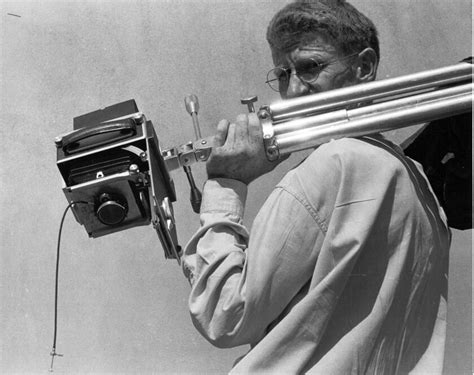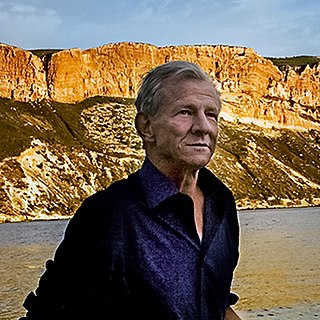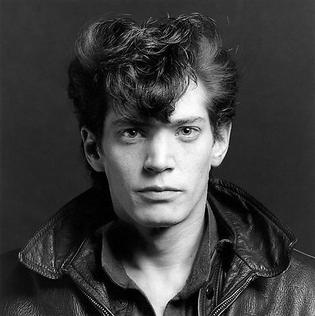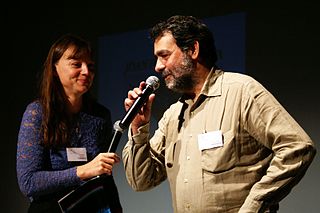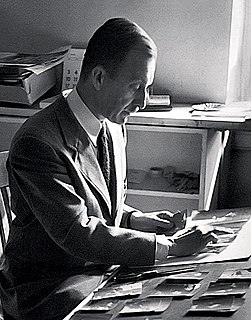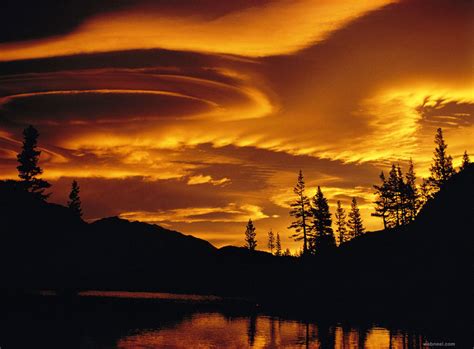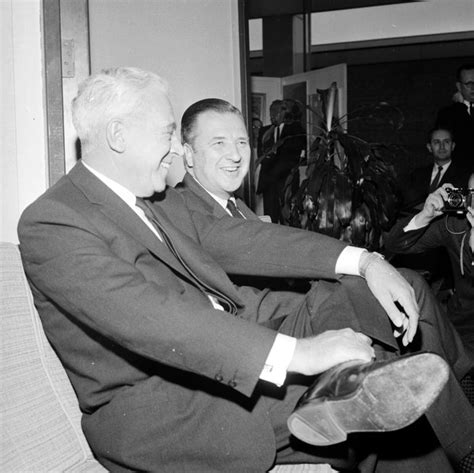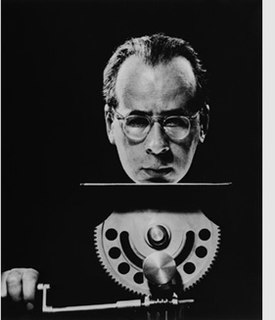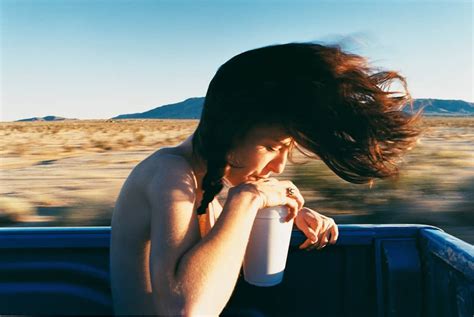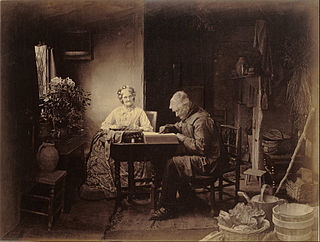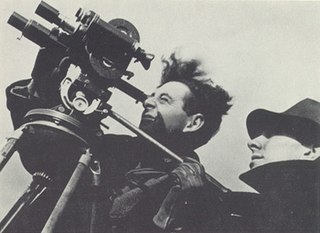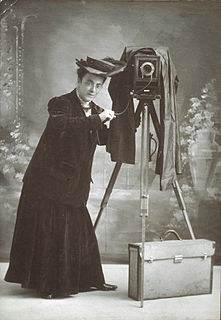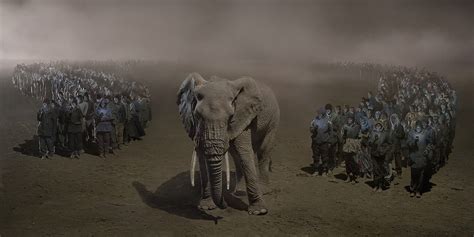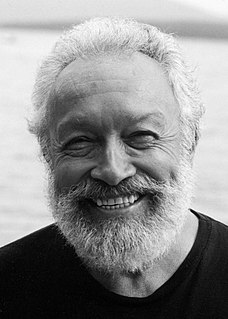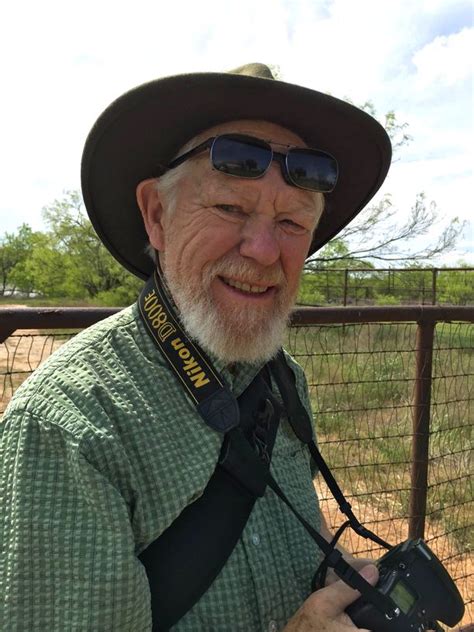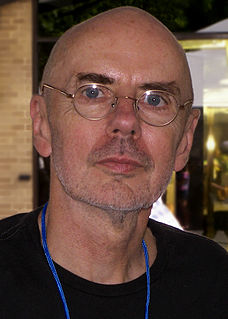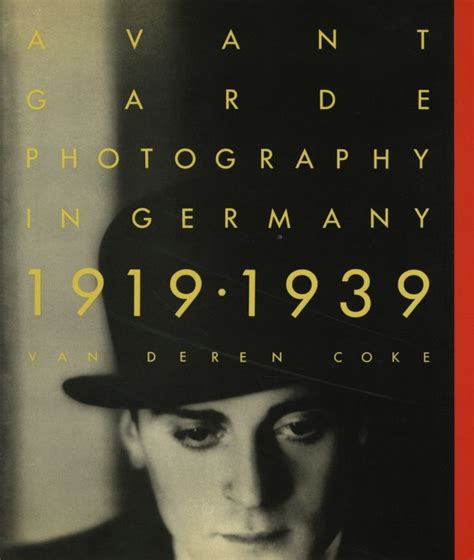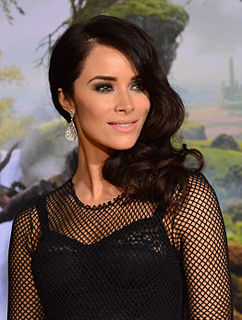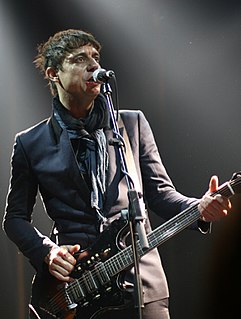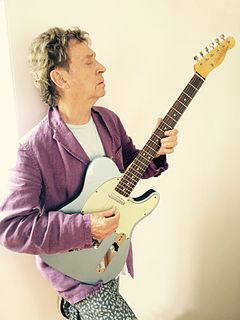Top 1200 Photography By Photographers Quotes & Sayings
Explore popular Photography By Photographers quotes.
Last updated on November 21, 2024.
Most photographers go and photograph something that they see, that exists, and that somebody else has created - they document it. But fashion photographers have to create what they're going to photograph. We have to go into the thought and build it up, get a girl, get a guy, get a situation, get the house, get the decor. It's the meaning of the word photography: "writing with light."
Photography is essentially an act of recognition by street photographers, not an act of invention. Photographers might respond to an old man’s face, or an Arbus freak, or the way light hits a building—and then they move on. Whereas in all the other art forms, take William Blake, everything that came to that paper never existed before. It’s the idea of alchemy, of making something from nothing.
The traditional difficulty of balancing the mechanical with the imaginative schools of photography still operates. In schools of photography meaningful art education is often lacking and on the strength of their technical ability alone students, deprived of a richer artistic training, are sent forth inculcated with the belief that they are creative photographers and artists. It is yet a fact that today, as in the past, the most inspiring and provocative works in photography come as much (and probably more) from those who are in the first place artists.
Anthropology... has always been highly dependent upon photography... As the use of still photography - and moving pictures - has become increasingly essential as a part of anthropological methods, the need for photographers with a disciplined knowledge of anthropology and for anthropologists with training in photography has increased. We expect that in the near future sophisticated training in photography will be a requirement for all anthropologists. (1962)
I don't think it's necessary to put your feelings about photography in words. I've read things that photographers have written for exhibitions and so forth about their subjective feelings about photography and mostly I think it's disturbing. I think they're fooling themselves very often. They're just talking, they're not saying anything.
Too many photographers try too hard. They try to lift photography into the realm of Art, because they have an inferiority complex about their craft. You and I would see more interesting photography if they would stop worrying, and instead, apply horse-sense to the problem of recording the look and feel of their own era.
Few photographers have ever considered the photography of wild animals, as distinctly opposed to the genre of Wildlife Photography, as an art form. The emphasis has generally been on capturing the drama of wild animals IN ACTION, on capturing that dramatic single moment, as opposed to simply animals in the state of being.
...it is pretentious for photographers to believe that their pictures alone change things. If they did, we wouldn't be besieged by war, by incidents of genocide, by hunger. A more realistic assessment of photography's value is to point out that it is illustrative of what's going on, that it provides a record of history, that photographs can prompt dialogue.
With photography, everything is in the eye and these days I feel young photographers are missing the point a bit. People always ask about cameras but it doesn't matter what camera you have. You can have the most modern camera in the world but if you don't have an eye, the camera is worthless. Young people know more about modern cameras and lighting than I do. When I started out in photography I didn't own an exposure meter - I couldn't , they didn't exist! I had to guess.
Photographers should follow their own judgment, and not the fads and dictates of others. Photography is still a very new medium and everything is allowed and everything should be tried and dared... Photography has no rules. It is not a sport. It is the result which counts, no matter how it was achieved.
